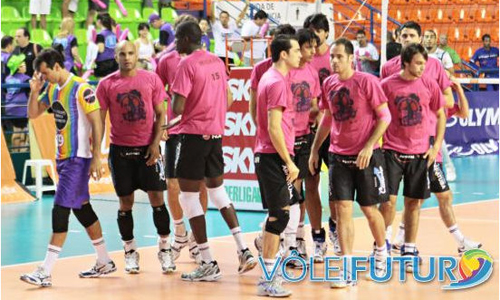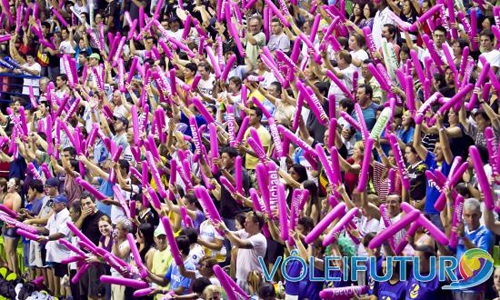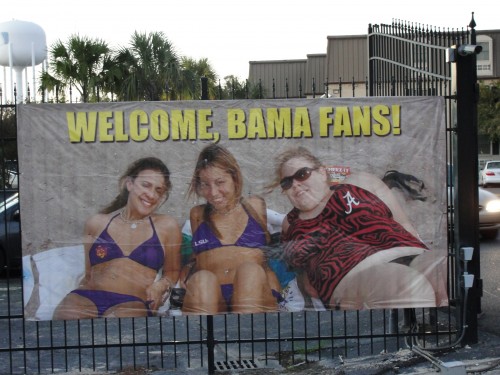In the center of this picture is my Great Grandmother, Adalene. I was quite young when she died, but I do remember her, frail and white-haired, threatening to spank me. I didn’t believe her, and was duly surprised at what came next.

This picture pleases me. It reminds me that women always had heart and spunk. That we’re all young once. That we’re not so “advanced” today; women were always awesome.
This is why the title of Buzzfeed‘s framing of a photographs of women basketball teams from the 1900s is so disappointing:
Liz Babiarz, who sent in the link, asks what’s so funny. I have to agree. They aren’t “strangely funny”; they’re awesomely awesome!
Many more at Buzzfeed.
Lisa Wade, PhD is an Associate Professor at Tulane University. She is the author of American Hookup, a book about college sexual culture; a textbook about gender; and a forthcoming introductory text: Terrible Magnificent Sociology. You can follow her on Twitter and Instagram.





















